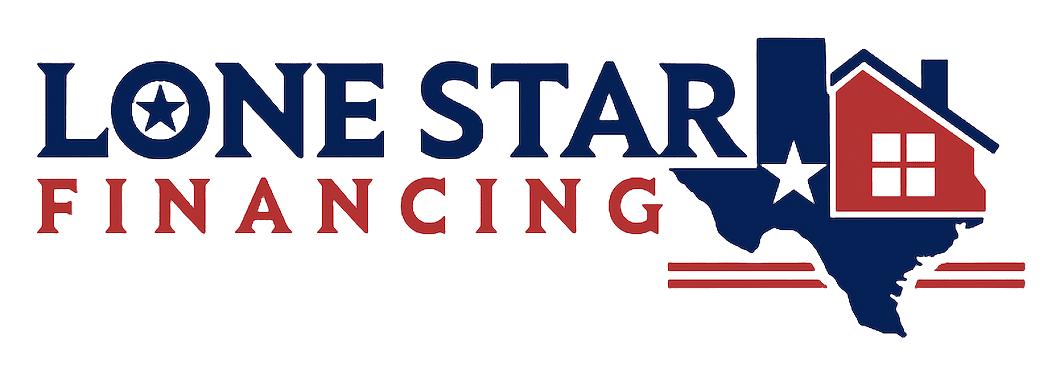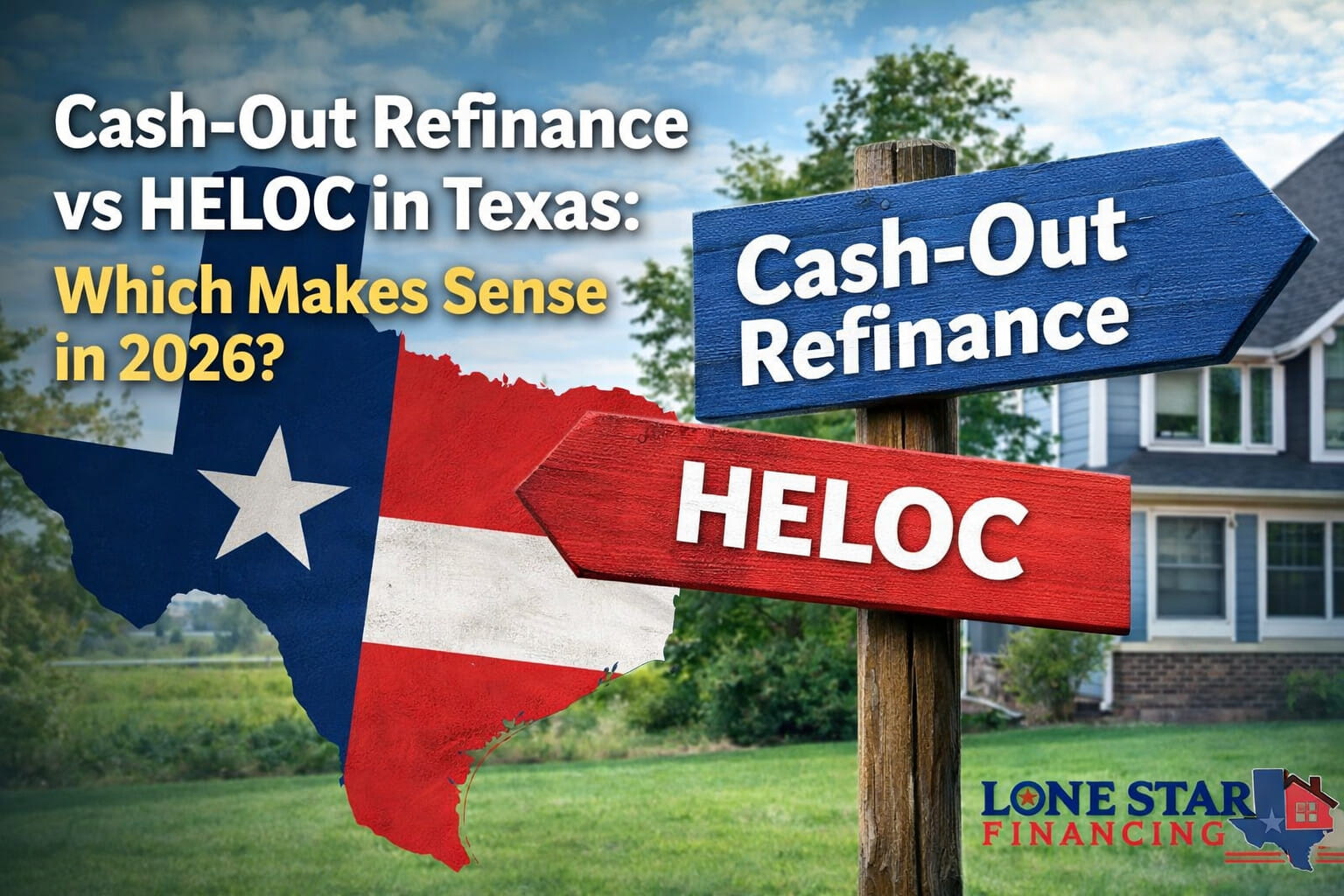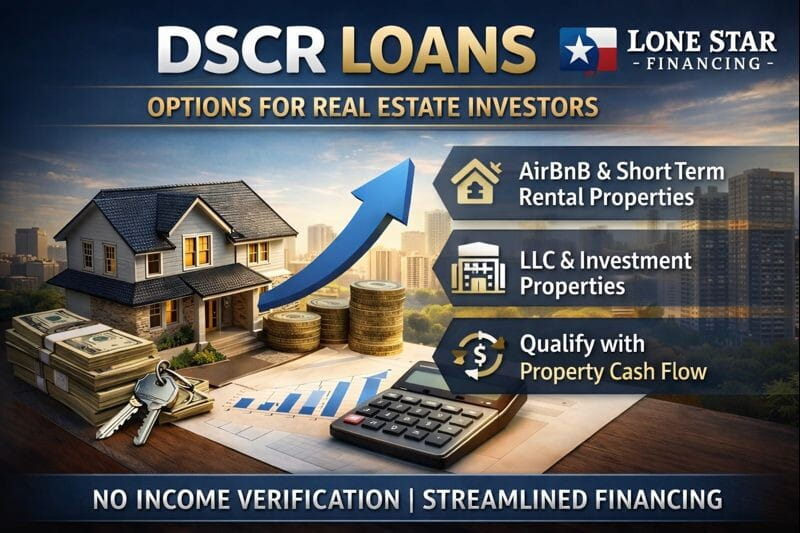What are VA Loans?
A VA Loan is a segment of the GI Bill was that signed into law by President Franklin D. Roosevelt to provide veterans with a federally guaranteed home loan with no down payment. It’s one of the ways we thank our veterans for their service.
The VA guarantees a maximum of 25 percent of a home loan amount up to $113,275, limiting the maximum loan amount to $453,100. The amount that can be borrowed is whatever is the lesser of the accepted value of the property or the purchase price and the funding fee. Veteran status doesn’t give you immediate or guaranteed approval — like any loan, you must also meet credit and income requirements.
How do VA Loans Work?
Made through private lenders such as banks, credit unions, or mortgage companies, a VA guaranteed loan for the purchase of a home must be made for property which will be your primary residence. The guaranty means the lender is protected against loss if you or a later owner fails to repay the loan. The guaranty replaces the protection the lender normally receives by requiring a down payment allowing you to obtain favorable financing terms.
Pre-qualify
Find a VA lender and prequalify. Getting pre-qualified is the initial step in the mortgage process, and it’s generally fairly simple. You supply a bank or lender with your financial situation — including your debt, income, and assets. After evaluating this information, you’ll learn how much mortgage you can afford. There’s rarely any cost involved, and pre-qualification can be done over the phone or online. Pre-qualification is like an estimate tool; it neither considers your credit score nor your ability to actually pay a mortgage. Loan pre-qualification does not include an analysis of your credit report or an in-depth look at your ability to purchase and pay for a home. It leads you to the next step.
Get Pre-approval
You’ll complete the loan application and supply your lender with all the documents needed to confirm your income and credit score. Loan preapproval allows you to have the funds at your fingertips when you do find the home you want. Lenders will verify income and other detailed financial information to be assured of your purchasing power. From this, the lender can tell you the specific mortgage amount for which you are approved. The result will be what’s called a pre-approval letter. Having one will be the proof real estate agents are looking for. Additionally, home sellers prefer serious buyers — and pre-approval is the best way to demonstrate you’re ready to buy.
Put in an offer
When you make an offer, you are telling the seller not just what you’re willing to pay, but how you’re going to do it. Do your homework and find an agent that specializes in VA loans. You’re also going to put an expiration date on your offer and give yourself an escape route if you find out something about the house that the seller won’t fix.
VA Appraisal and underwriting
Once you’re under contract, your lender will order a VA appraisal of the property. VA appraisals are required for every VA loan. VA appraisal assesses the property’s value and general livable condition by an independent VA appraiser. Don’t confuse the appraisal for a home inspection, which provides a more in-depth review of the home’s physical condition which looks for things like wood-destroying insects, plumbing, or electrical issues. The purpose of the VA appraisal is two-fold: to assure the home is worth at least what you’ve offered to pay for it, and to assure the property meets both VA and lender guidelines. Underwriters will evaluate your income, financial and related documents along with the appraisal once it’s finalized. If everything checks out, you’ll be issued a clear to close and move on to your loan closing.
Closing
Closing is when you and all the other parties in a mortgage loan transaction sign the necessary documents. You’ll sign the papers and be ready to accept the keys to your new home.
What Service Members Need to Know
VA loans are only for a move-in ready primary residence such as a single-family home, a condominium, a modular home etc. If your dream is a working farm or a fixer-upper a VA loan isn’t for you. Here are some more things you should know:
- As long as you pay off your loan, you can continue to use this entitlement. In certain circumstances, you can even obtain another VA loan if you’d previously lost one through foreclosure.
- You have to use the property as your residence. You cannot use the loan to buy investment properties with the exception of you purchasing a duplex but only if you’re living within one of the units.
- The VA simply provides the guaranty on the qualified loan and not the loan itself. You have to go through the standard process of obtaining a mortgage.
- The guaranty is typically for one-quarter of the value of the loan. This assists in getting a low interest rate and affordable payments but does not protect you from foreclosure if you find yourself financially strapped.
- Even if you’ve faced foreclosure or bankruptcy, you can still qualify for a VA loan later when you’re able to meet the loan requirements — even if the foreclosure was a previous VA loan.
- You won’t have to pay mortgage insurance. In a standard loan, mortgage insurance is what you would pay if you are lacking 20 percent down payment. This keeps your monthly payment lower with the VA loan than the standard issue.
- Though there’s no mortgage insurance, VA Loans come with a fee called the VA Funding Fee. This helps keep the program functional. It can be rolled over into your loan amount or possibly waived entirely for those veterans who received service-connected disabilities.
- There are restrictions on co-buyers. A Co-buyer must be your spouse or another veteran with the VA entitlement as well. Otherwise you will need a down payment.
- You won’t have a prepayment penalty. You can pay more on your payment or make extra payments whenever you choose. This can save you significant amounts of money over the term of your mortgage.
Lone Star Financing Can Help
At Lone Star Financing, we are a Texas-based mortgage company that can help you through every step of financing your new home. Fill out the quick contact form or call Lone Star Financing today at 1-800-960-4565 to speak with one of our Texas mortgage specialists and get a free good faith estimate.



